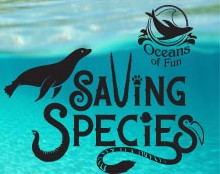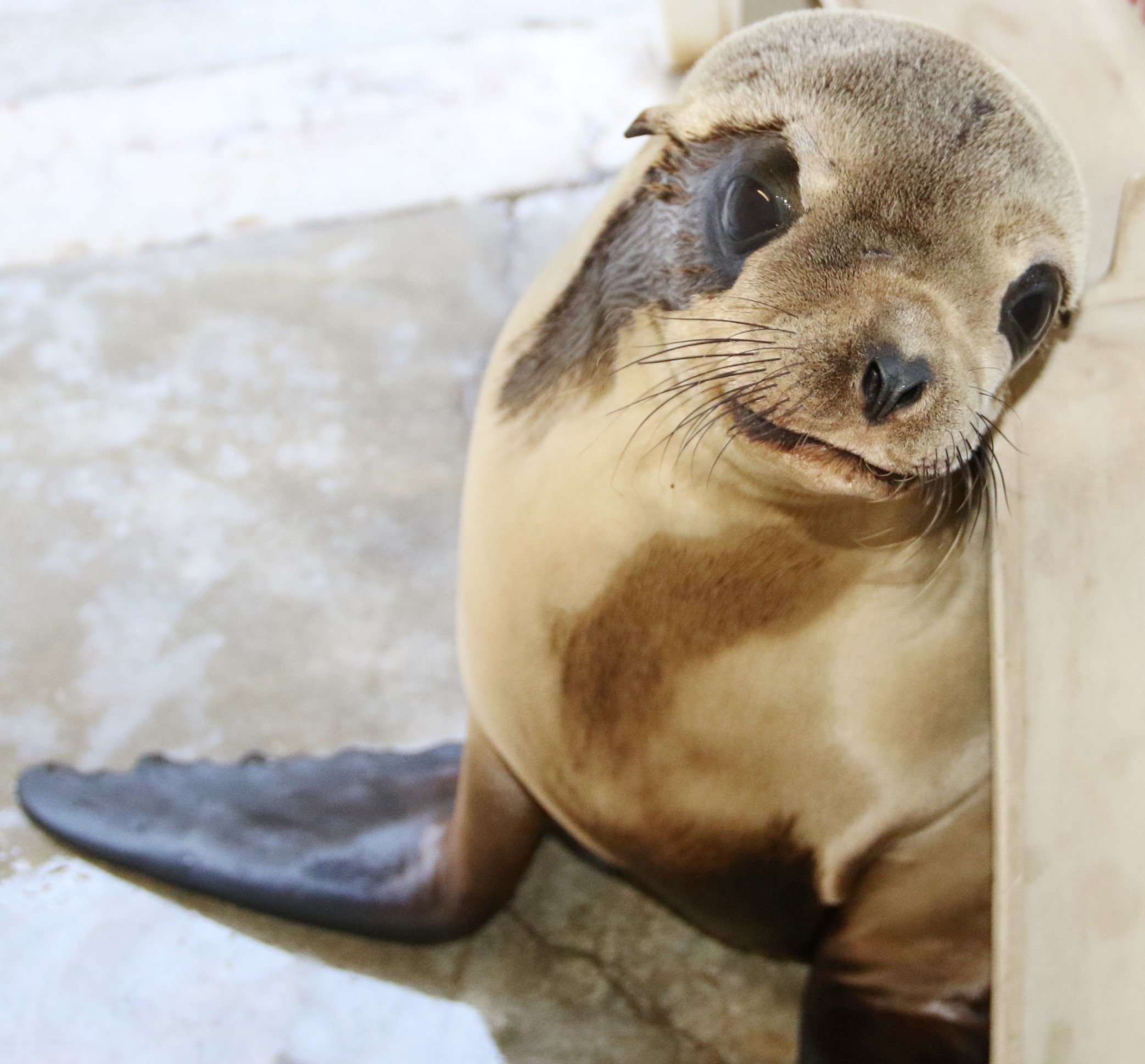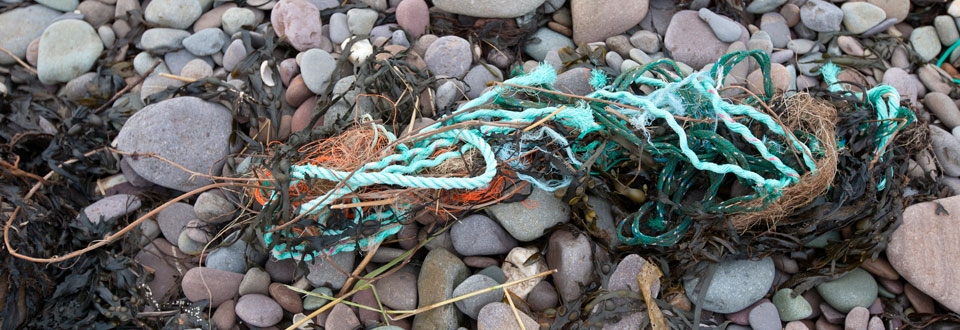
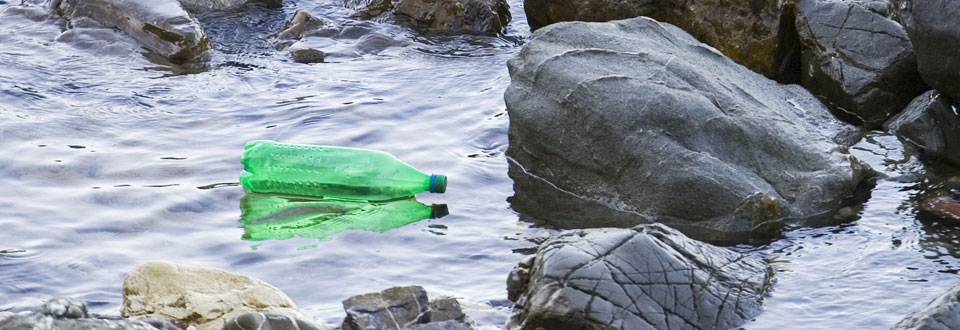
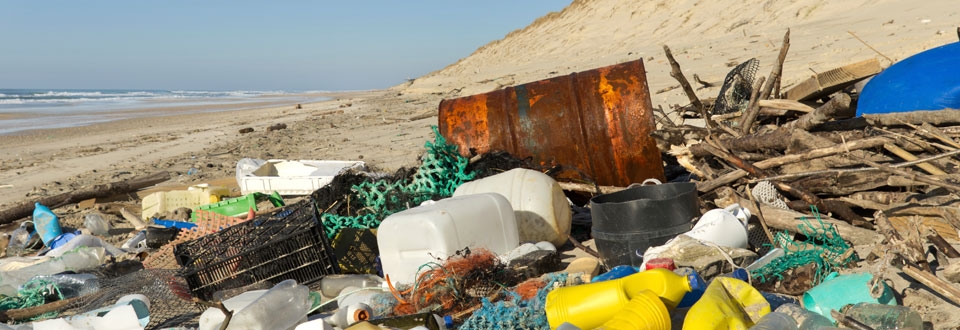
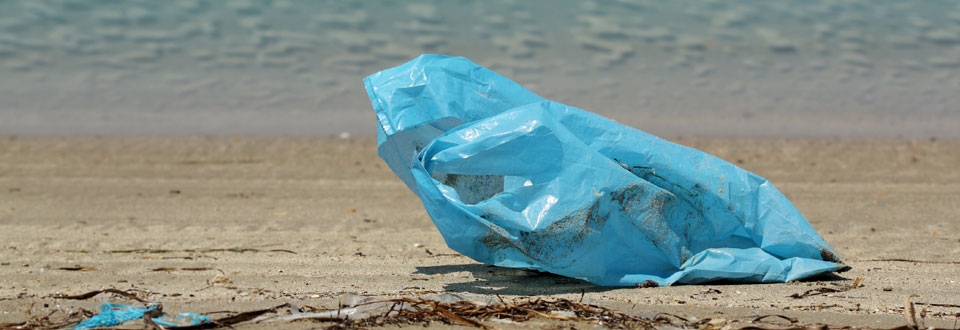
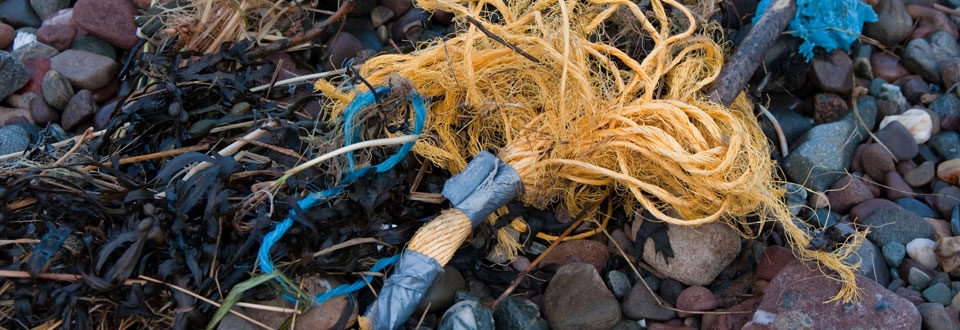
Microbeads
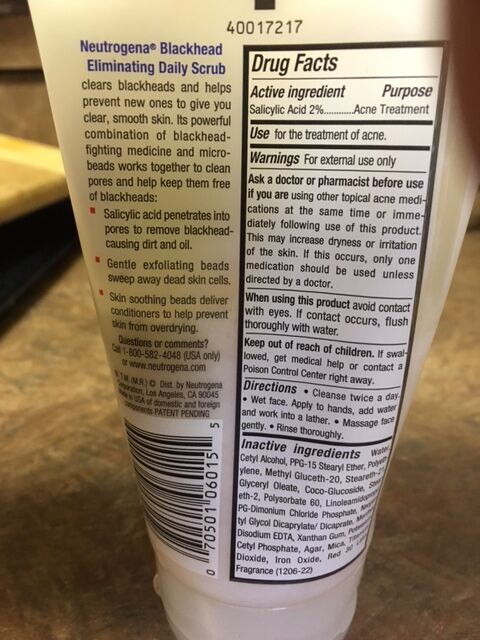 Daily, thousands of people around the nation use facial cleansers and toothpastes that are damaging the environment. You may ask, how can a face wash harm the environment? The answer is what is inside of them, small plastic beads called microbeads. A microbead is defined as a plastic particle less than 5 millimeters in length and is used to exfoliate. These beads get washed down the drain, are often too small to get caught in water filters, and then are released into lakes, streams, and even oceans. Once microbeads have entered a marine environment, such as Lake Michigan or the ocean, it then becomes considered a form of microplastic marine debris. Animals such as fish and birds can mistake these beads and other plastics for fish eggs or other forms of food. Once the animals eat them it can lead to death, but also microbeads effect the food chain. Plastic absorbs contaminants in water leading to a single microbead being 1 million times more toxic that it’s surrounding water. This may not be a large concern for the primary consumer that eats it such as a fish, but when a larger animal comes along and eats multiple fish that have eaten plastics, the threat grows as the toxin levels grow. This growth of toxin buildup can follow the food chain in a full circle to humans as well.
Daily, thousands of people around the nation use facial cleansers and toothpastes that are damaging the environment. You may ask, how can a face wash harm the environment? The answer is what is inside of them, small plastic beads called microbeads. A microbead is defined as a plastic particle less than 5 millimeters in length and is used to exfoliate. These beads get washed down the drain, are often too small to get caught in water filters, and then are released into lakes, streams, and even oceans. Once microbeads have entered a marine environment, such as Lake Michigan or the ocean, it then becomes considered a form of microplastic marine debris. Animals such as fish and birds can mistake these beads and other plastics for fish eggs or other forms of food. Once the animals eat them it can lead to death, but also microbeads effect the food chain. Plastic absorbs contaminants in water leading to a single microbead being 1 million times more toxic that it’s surrounding water. This may not be a large concern for the primary consumer that eats it such as a fish, but when a larger animal comes along and eats multiple fish that have eaten plastics, the threat grows as the toxin levels grow. This growth of toxin buildup can follow the food chain in a full circle to humans as well.
Microbeads also add to the large amount of microplastic garbage patches forming in our world’s oceans. Garbage patches form when currents meet forming a reel of trash.
For more information on marine debris formation of oceanic garbage patches go to http://oceansoffun.org/marine_debris.
What are we doing to aid in the solution of the problem?
On December 28, 2015 President Obama enacted a bill to prohibit the manufacturing of products which contain microbeads beginning July 1, 2017 and will phases out the sales of products containing microbeads in the next two years. This bill follows many other states banning microbeads first.
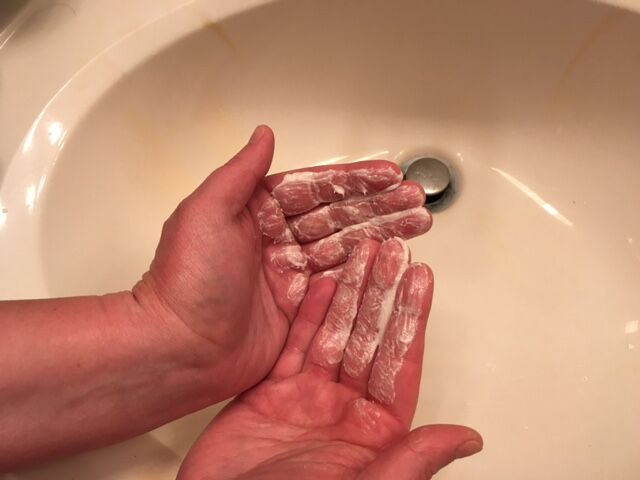 For those who already own products containing microbeads and don’t know if they should continue using their products of throw them away, there is a better solution. 5 Gyres is an organization dedicated to researching and understanding how plastic effects our environments. 5 Gyres will accept used products containing microbeads to use in educational kits. Products that say they contain polyethylene and polypropylene contain microbeads. Send these products to 5 Gyres and you can help do your part stopping the use of microbeads as well as continuing the education about their effects on the world’s oceans.
For those who already own products containing microbeads and don’t know if they should continue using their products of throw them away, there is a better solution. 5 Gyres is an organization dedicated to researching and understanding how plastic effects our environments. 5 Gyres will accept used products containing microbeads to use in educational kits. Products that say they contain polyethylene and polypropylene contain microbeads. Send these products to 5 Gyres and you can help do your part stopping the use of microbeads as well as continuing the education about their effects on the world’s oceans.
5 Gyres Institute, 3131 Olympic Blvd, Santa Monica, CA 90404
Include your name and email address so they can send a thank you for your help in education.
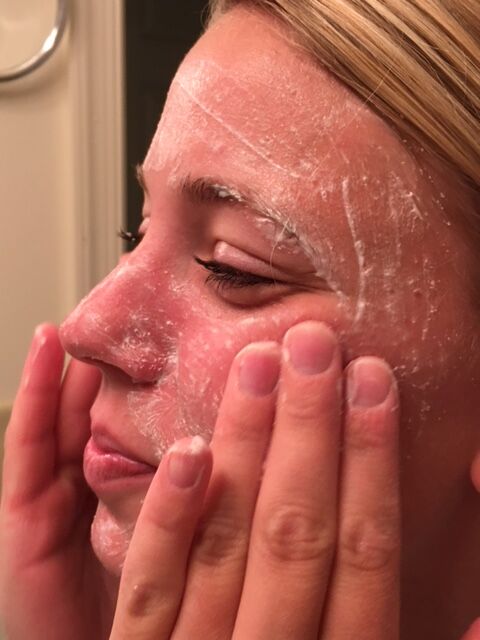 While microbeads are a huge problem in adding to microplastic marine debris, they are not the only product of concern. Recent studies have found another form of plastic effecting specifically Lake Michigan; microfibers. Microfibers are small fibers which come out of our clothes made of polyester or polyurethane in the wash. When flushed out of the wash they can make their way into waterways. As the battle towards stopping the use and cleaning up microbeads continues to grow, continue to be mindful of other forms of plastic that can make their way into waterways as well. Being mindful of purchases and what products are made of as well as always remembering to recycle are key steps in working together to build a safer, cleaner environment for all organisms to thrive on earth.
While microbeads are a huge problem in adding to microplastic marine debris, they are not the only product of concern. Recent studies have found another form of plastic effecting specifically Lake Michigan; microfibers. Microfibers are small fibers which come out of our clothes made of polyester or polyurethane in the wash. When flushed out of the wash they can make their way into waterways. As the battle towards stopping the use and cleaning up microbeads continues to grow, continue to be mindful of other forms of plastic that can make their way into waterways as well. Being mindful of purchases and what products are made of as well as always remembering to recycle are key steps in working together to build a safer, cleaner environment for all organisms to thrive on earth.
Sources
http://marinedebris.noaa.gov/types-and-sources-solutions/states-consider-plastic-microbead-bans
http://www.5gyres.org/microbead/
http://education.nationalgeographic.org/encyclopedia/great-pacific-garbage-patch/




 Animal Encounter
Animal Encounter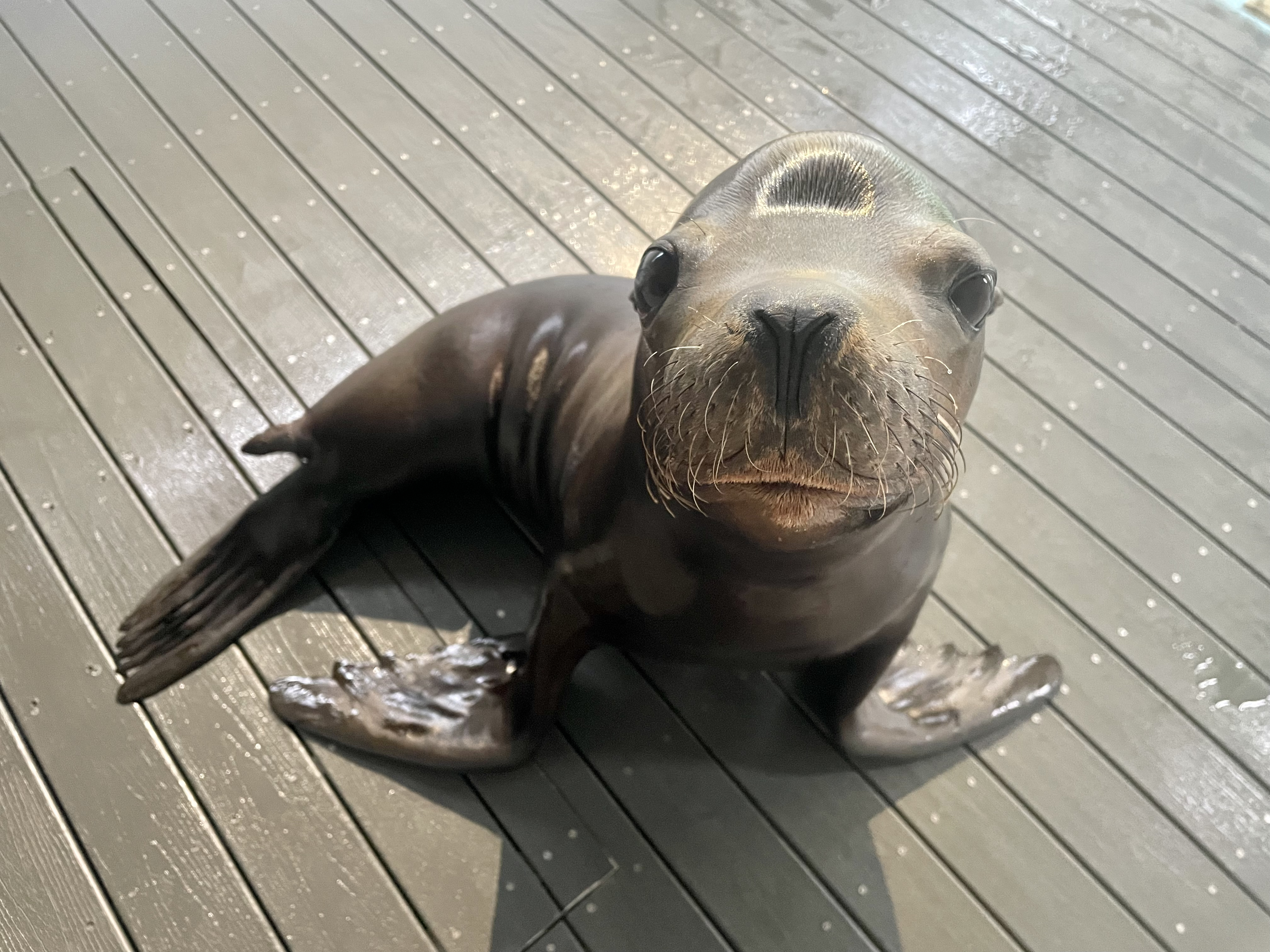 Our Locations
Our Locations
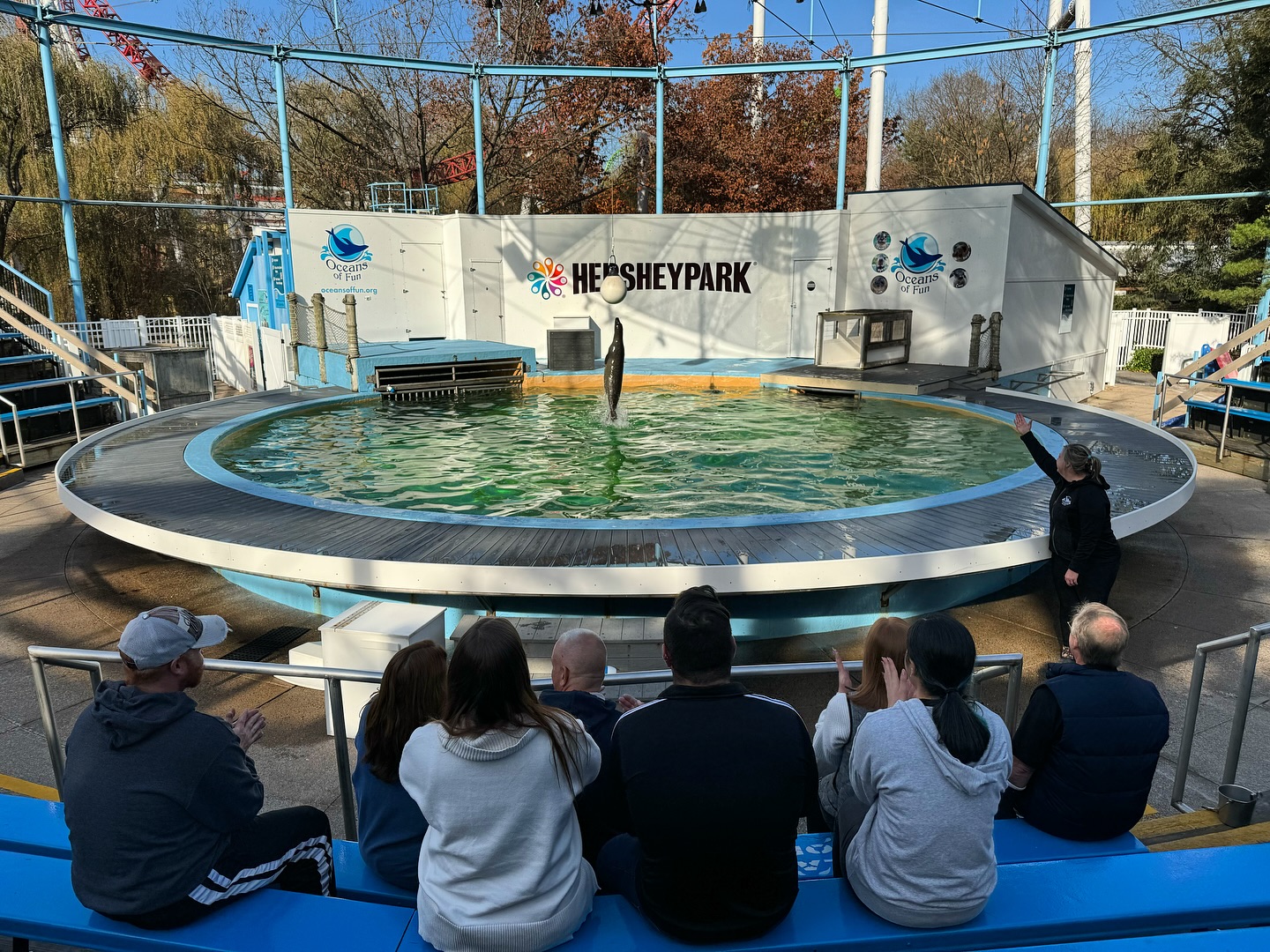 Family Fun
Family Fun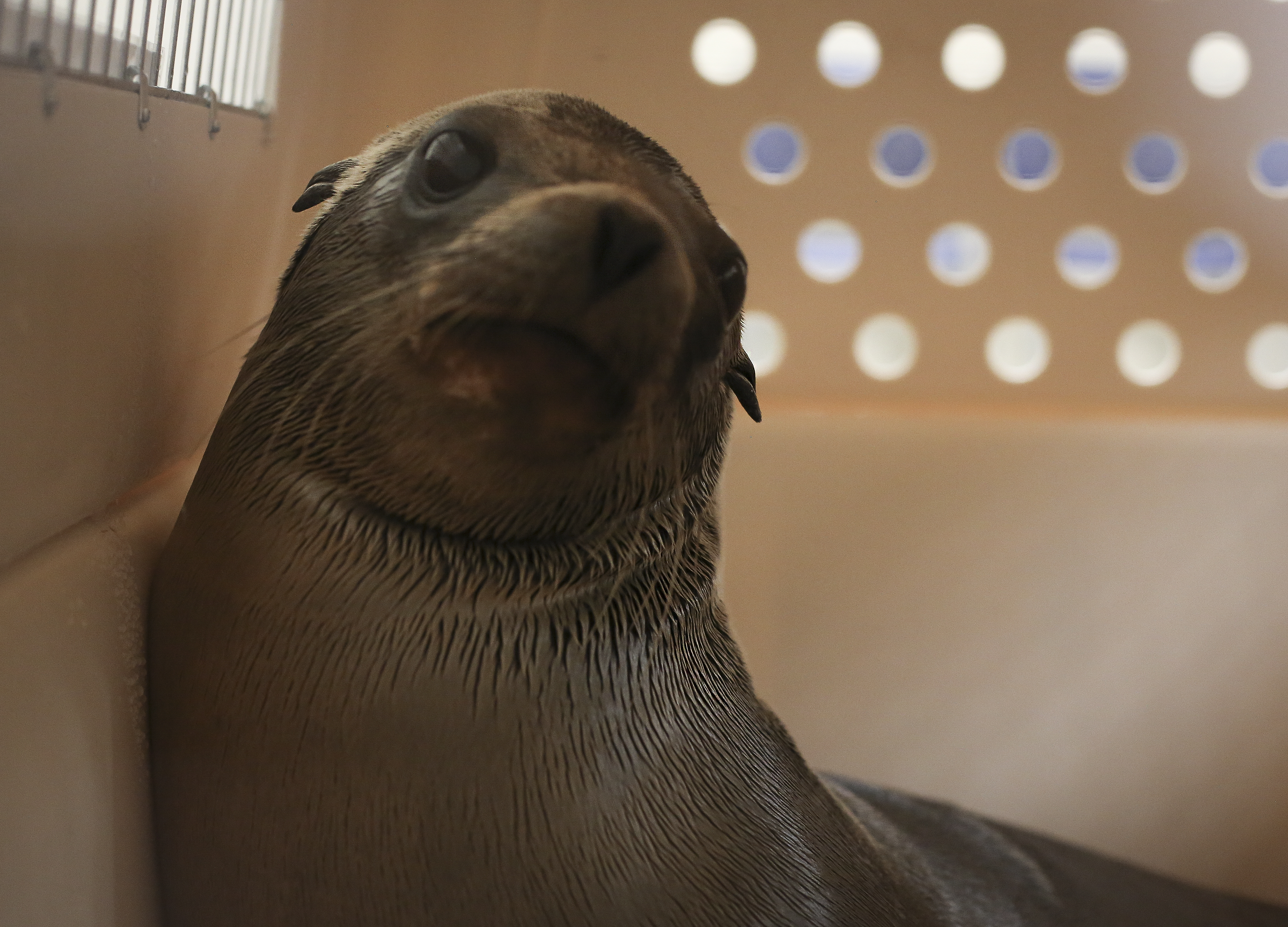
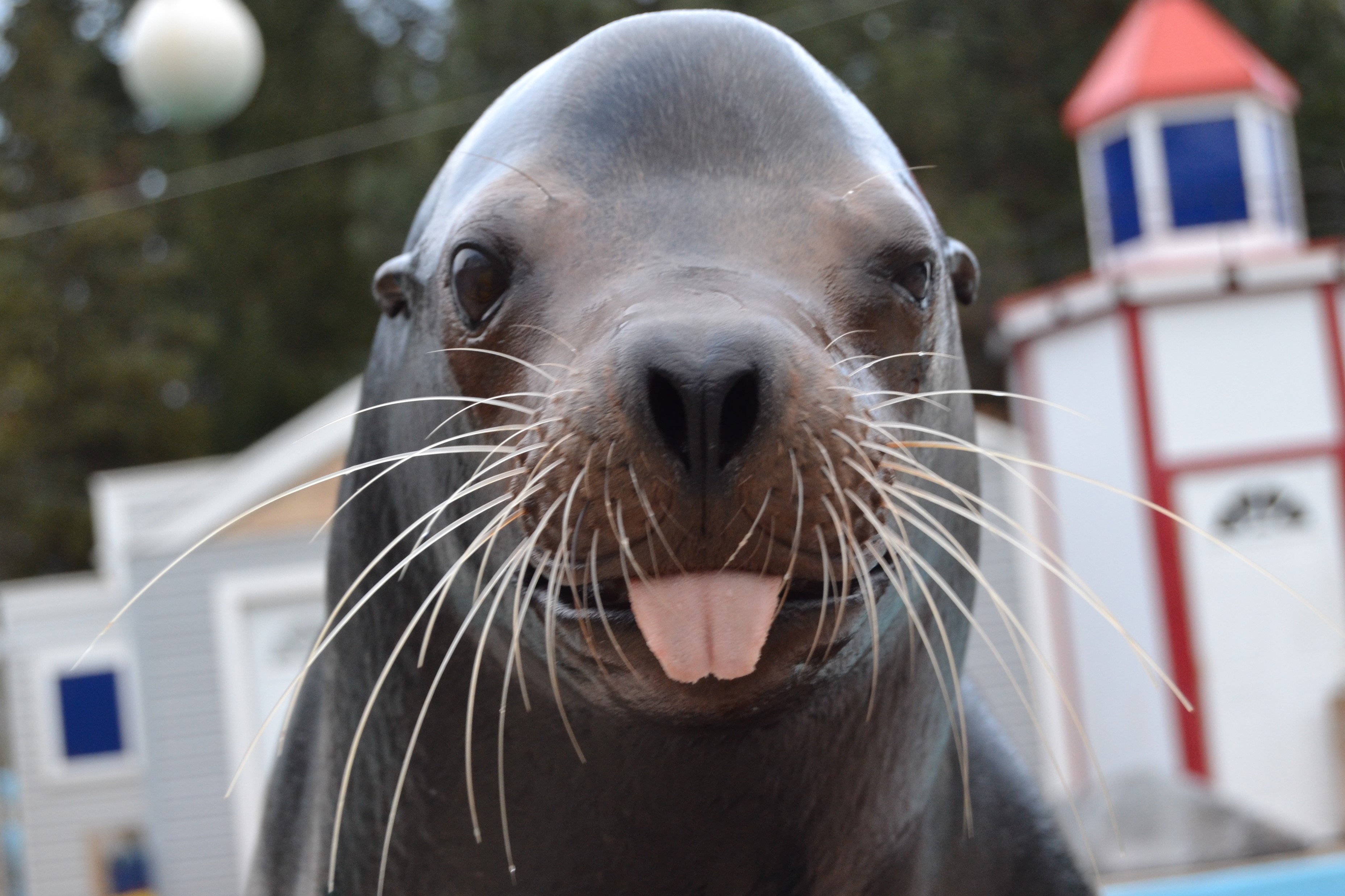
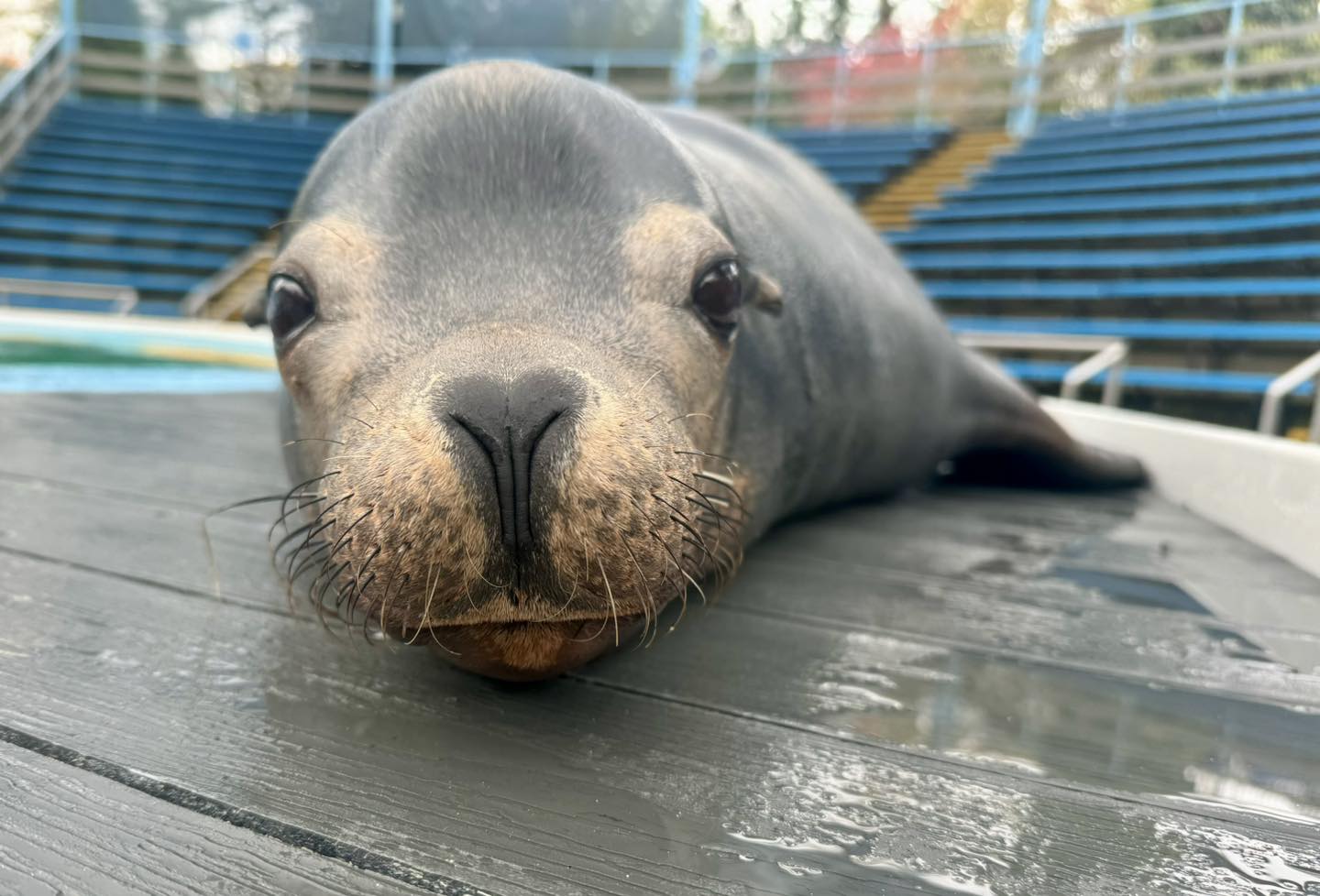 Meet Ripley!
Meet Ripley!
